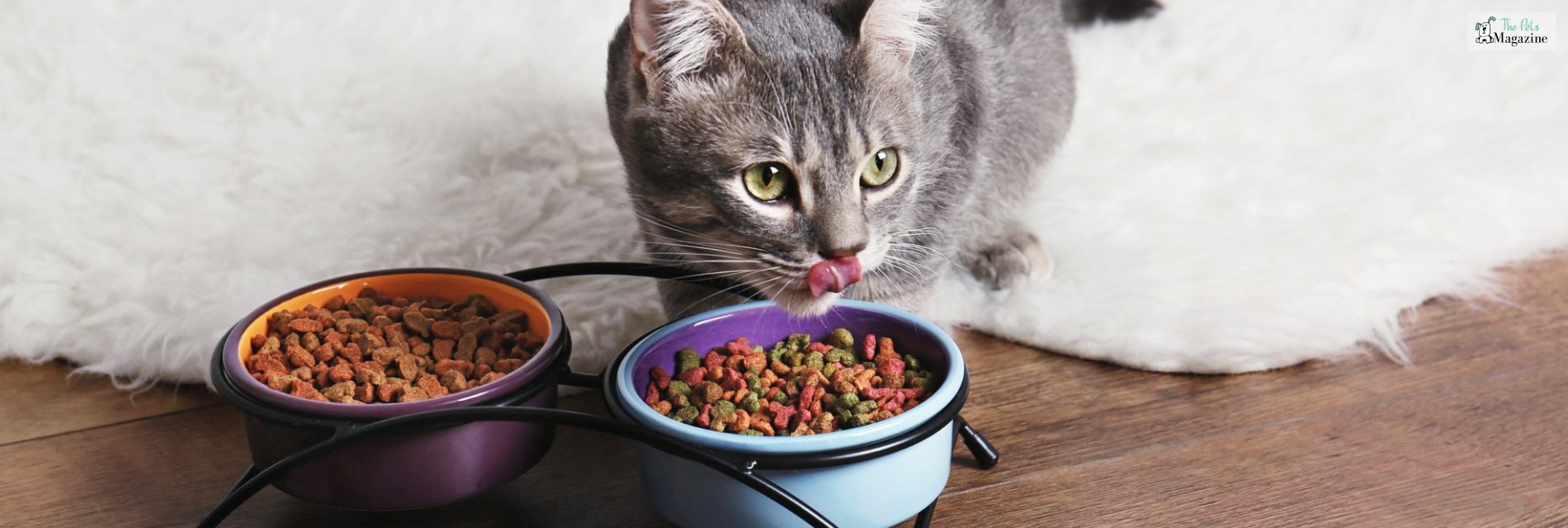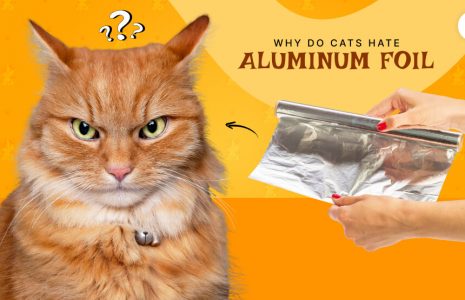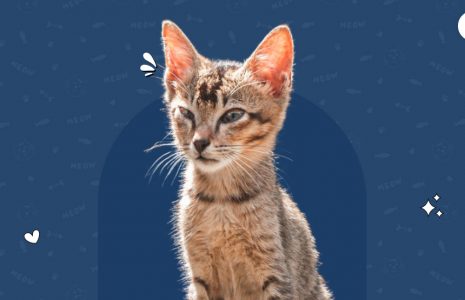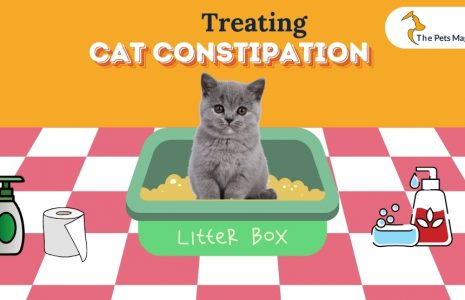Why Is My Cat Not Eating Much but Acting Normal?


Has it ever happened that your cat isn’t eating as much as usual but seems otherwise normal and still acting their typical playful or aloof self? Before you rush them to the vet, you should know that there can be several common reasons why your cat may not be eating much. These reasons are not that much cause for concern either.
It can be that they dont like eating a lot during warmer weather or maybe that they prefer wet food to dry food. Or maybe you recently changed the brand of cat food that you were feeding to your cat, and they preferred the previous brand!
In any case, a day or two of reduced appetite in a cat that is acting normally isn’t something to stress over. To further put your mind at ease, we have discussed some of the common reasons your cat not eating much but acting normal. Read on:
Common Reasons for Loss of Appetite in Cats

In this section, we have discussed some of the common reasons why your cat not eating much but acting normal:
Medical Issues:
One of the most common reasons for a cat losing interest in food is a medical issue. Things like gastrointestinal upset, hyperthyroidism, diabetes, or kidney disease can cause nausea or changes in appetite. If your cat’s eating habits change suddenly, it’s a good idea to have your vet examine them to rule out any underlying conditions.
Stress or Anxiety:
Stress or anxiety can also lead to loss of appetite. Has there been any major changes in your cat’s environment or routine lately? Things like moving to a new home, introduction of a new family member (human or pet), or loss of a companion can cause stress and impact their eating. Providing extra love, playtime, and treats may help relieve their anxiety and stimulate their appetite.
Picky Eater:
Sometimes cats just get bored of their food. If you’ve been feeding the same flavor or brand of cat food for a long time, switching to a different protein source or brand may make eating exciting again. You can also try warming up their wet food a bit or adding a bit of warm chicken broth to their dry kibble. The aroma may whet their appetite!
In many cases, loss of appetite in cats is temporary. However, if your cat’s eating habits don’t improve in a couple of days or they show any other symptoms, it’s best to have your vet examine them. Early diagnosis of any medical issues can go a long way toward helping them to live a high-quality life.
When to Worry About Your Cat Not Eating Much

If your usually ravenous feline friend isn’t eating with their normal gusto, don’t panic just yet. Cats can be finicky, and a day or two of decreased appetite isn’t cause for alarm. But if the change in eating habits lasts more than a couple of days, it’s time to take note.
Your cat could have an underlying medical issue, like gastrointestinal problems, dental disease, or hyperthyroidism. It’s best to have your vet examine them to determine if any tests or treatments are needed. Some signs that it’s time to call the vet right away include:
- Rapid or severe weight loss. More than a pound per week can be dangerous for cats.
- Lethargy or decreased activity level. If your cat isn’t acting normally otherwise, it could indicate a bigger problem.
- Not eating or drinking at all for over 12-24 hours. Cats need food and water daily, so a prolonged lack of either is an emergency.
- Vomiting or diarrhea, especially if it’s frequent or contains blood. This can lead to dehydration or electrolyte imbalance quickly.
- Difficulty chewing or swallowing. This may point to mouth pain, oral disease or other issues requiring diagnosis and care.
The bottom line is if something seems off with your cat, it’s always better to be safe than sorry. Don’t hesitate to call your vet, especially if the behavior change worries or concerns you. They can examine your feline, run any necessary tests, and determine the underlying cause so you can get your companion back to purring and prancing in no time.
Tips to Encourage Your Cat to Eat More

If your cat isn’t eating as much as usual but otherwise seems normal, here are some tips to encourage them to eat more:
Make mealtime exciting
Cats can get bored of the same old food and routine. Try warming up your cat’s wet food for a few seconds in the microwave to make the aroma more appealing. You can also get puzzle feeders and treat dispensing toys to make mealtime more stimulating. Rotate between different flavors and textures of your cat’s favorite foods to keep things interesting.
Free feed dry food
Leave dry kibble out during the day so your cat can snack as needed. This works best if you have a cat that grazes and is good at self-regulating how much they eat. Just be sure to follow the feeding guidelines on the bag based on your cat’s age, size, and activity level.
Hand feed as a last resort
If your cat still isn’t eating, you may need to hand-feed them. Gently stroke their head and throat or gently open their mouth to put a few morsels of wet food in at a time. Make sure not to force them to eat more than they want. Hand feeding should only be done for a day or two until your cat starts eating on their own again.
See a vet if the problem persists
While a decreased appetite for a day or two usually isn’t cause for concern, if your cat goes longer than 2-3 days without eating or shows other symptoms, it’s best to have your vet examine them. An underlying medical issue could be the cause and it’s best to get it checked out, especially for senior cats or those with chronic illnesses.
Your cat’s eating habits can change for many reasons, but with patience and the right techniques, you can usually get them back to eating normally again. Be attentive to your cat’s needs, and don’t hesitate to call the vet if their lack of appetite continues or if you notice any other worrying symptoms.
Final Thoughts
So there you have it, a few possible reasons why your cat not eating much but acting normal. The key is to monitor them closely for any other symptoms and take them to the vet right away if you notice lethargy, vomiting, or other issues. Cats are masters at hiding illness, so even subtle changes in behavior or appetite could signal an underlying problem.
But in many cases, it may just be a temporary blip or natural aging process. Keep offering your cat their regular, high-quality food and give them extra love and affection. If their appetite doesn’t improve in a couple of days or starts to worsen, it’s always better safe than sorry – have your vet examine them to determine if any tests or treatment are needed. The most important thing is your cat’s health and happiness. With patience and the proper care, you’ll get to the bottom of the situation and have your little furball back to their usual self in no time.
Recommended Reading..









Leave A Comment